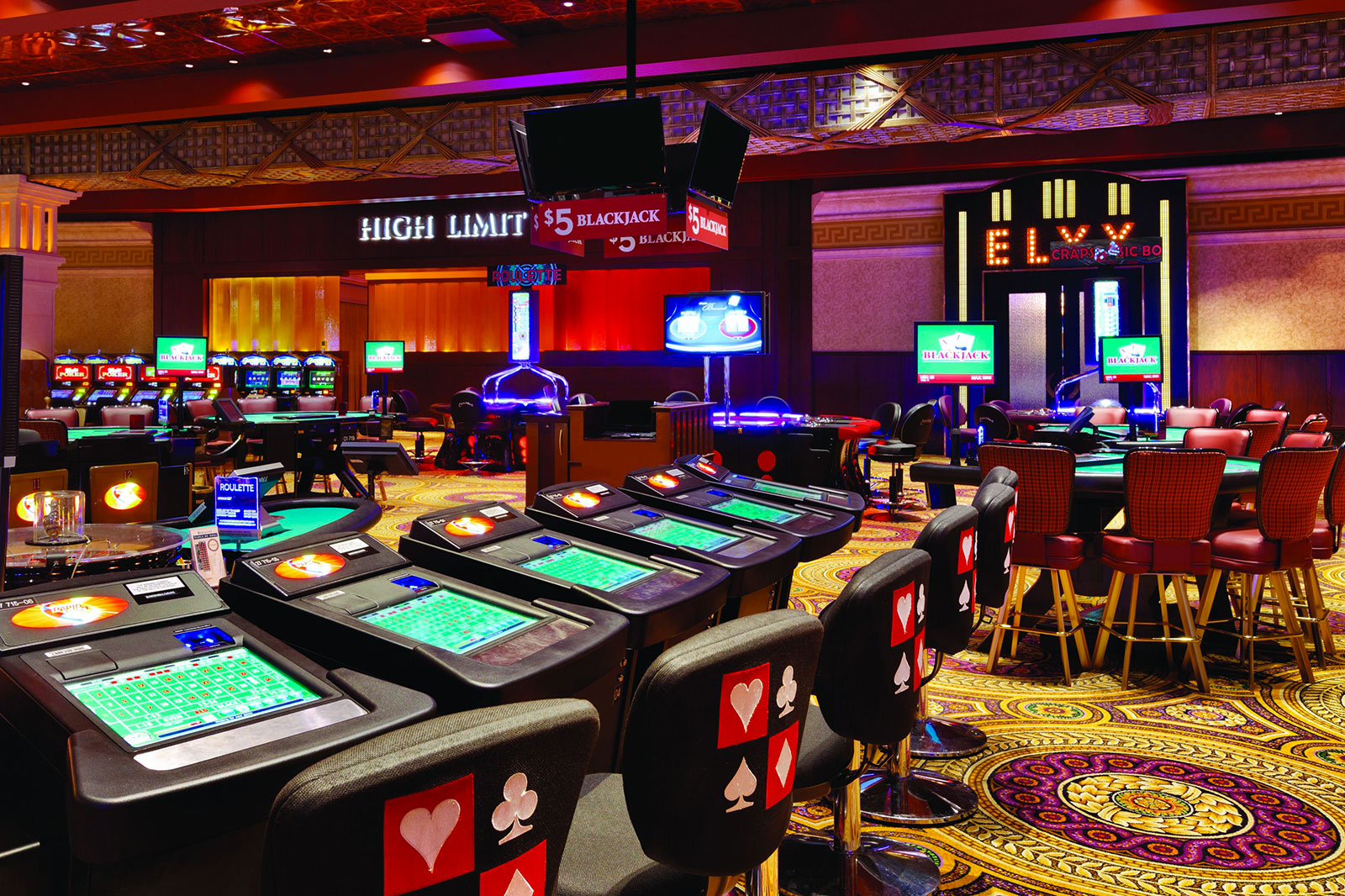The Societal Influence of Casino Games Worldwide
Gambling games have long been a captivating form of entertainment, drawing numerous of players from varied cultures around the globe. From the glitzy casinos of Vegas to the thriving gambling halls of the Chinese gambling capital, these games serve as a link that unites people across various backgrounds. The allure of chance, strategy, and uncertainty entices not only those seeking to win money but also those seeking a feeling of belonging.
The cultural impact of casino games extends significantly past the gaming floor. They often embody the values and beliefs of the cultures in which they flourish. Games such as Texas hold ’em, blackjack, and the wheel game have integrated into the mosaic of mainstream culture, influencing everything from films to style. As we explore this fascinating intersection of gambling and life, we can comprehend better how gambling games shape and are affected by the environment surrounding us.
Chronological Development of Gaming Activities
The beginnings of gambling games can be tracked back to ancient cultures, where betting in multiple forms was widely performed. In the East, around 2300 B.C., a variant of gambling known as Keno was common, while in ancient the Roman Empire, soldiers would often gamble on the outcomes of their matches. The concept of using chance for fun and gain evolved over the years, leading to the creation of more formal games. By the end of the Middle Ages, betting houses started to appear in the continent, especially in Italy, which presented early incarnations of well-liked activities still played today.
As betting gained fame in Europe, the 17th and 18th centuries saw the rise of gaming houses as exclusive locations for gaming. The first official gambling house, the Ridotto, was founded in the Venetian city in the year 1638, providing games like Baccarat games and Faro games. This time marked a significant pivoting point, as gaming venues commenced to welcome not just the wealthy but also the burgeoning middle-income class. The sophistication of games grew, leading to the introduction of new guidelines and versions that improved the gaming experience.
In the 19th century, the era of industrialization and changes in social conventions additionally altered the environment of gambling activities. The arrival of roulette and contemporary slot machines attracted a more diverse audience, and casinos became seen as legitimate recreation. This time witnessed the worldwide proliferation of gaming, as casinos extended from European nations to the Americas, culminating in the development of the iconic Strip of Las Vegas in the 1900s. The progress of gaming activities has continued into the modern era, integrating technology and online sites, rendering them accessible to a universal population.
# Cultural Relevance in Different Societies
Gambling games have profound social importance across numerous cultures throughout the globe. In Las Vegas, the very fabric of the urban landscape is woven around gaming venues, where playing is not just a recreational activity but a central aspect of leisure and community life. The dazzling lights and vibrant atmosphere attract millions, showcasing how gambling activities can impact local economies and cultural uniqueness. This surrounding transforms the notion of leisure into an immersive event that affects fashion, music, and even cinema.
On the other hand, some societies approach wagering with more caution, seeing it through the lens of morality and heritage. A case in point, in numerous Asian communities, games like Mahjongg and Pai Gow are steeped in history and possess significant social implications. These games are often played during meetings and occasions, fostering social ties and strengthening family ties. The act of participating in these games goes past mere leisure, reflecting ethics such as honoring elders and the significance of shared enjoyment.
Meanwhile, in European countries such as Monaco and Rome, games of chance serve as symbols of wealth and elegance. The refined atmosphere of these locations attracts both travelers and native inhabitants, reinforcing a sense of status and exclusivity. The art of Texas Hold’em and the strategic elements of games like baccarat are appreciated, shaping community relationships and establishing an allure that fascinates a heterogeneous audience. This underscores how casino games can simultaneously echo and mold cultural attitudes towards hazard, benefit, and social interaction.
Economic Impact and Tourism
Gambling activities play a crucial role in the financial context of many areas, particularly those that depend significantly on visitor traffic. The revenue generated from casino operations fuels local economies, creating jobs not only within the casinos but also but also in connected industries such as hospitality, restaurant services, and entertainment. This influx of tourists, drawn by the attraction of gambling and the overall gaming environment, stimulates expenditure across multiple businesses, contributing to the economic vitality of the region.

The existence of casinos often leads to the development of infrastructure, including hotels, transportation systems, and leisure amenities. These improvements are essential in improving the overall visitor satisfaction, making locations more appealing to visitors. Additionally, many casinos invest in local communities through sponsorship of activities and philanthropic initiatives, further embedding themselves into the community structure of the region. Such investment not only supports economic growth but also fosters a positive image of the gambling sector.
Moreover, the global popularity of casino games drives competitive tourism, with regions vying to attract players from across the globe. Iconic destinations like Las Vegas and Macau have become synonymous with casino culture, drawing millions each year. This competitive edge encourages innovation and diversification within the gambling sector, influencing trends in entertainment and hospitality that resonate beyond their limits. GG88 The ripple effects of this visitor influx extend wide, impacting local financial health and cultural interactions on a global scale.